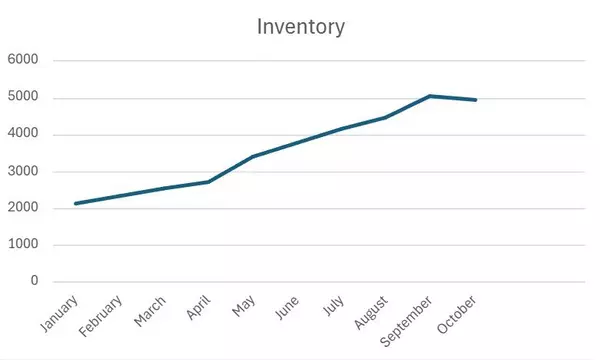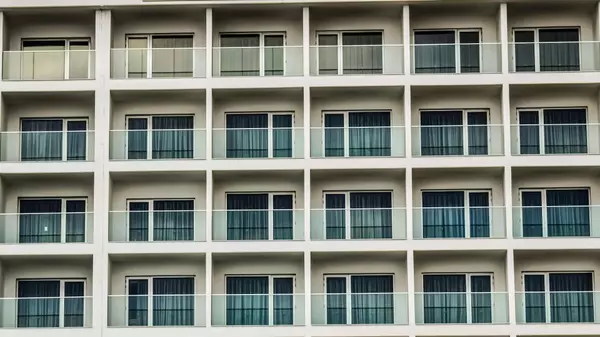How is your home's listing price determined?

Selling a home involves a series of well-thought-out decisions, but determining the listing price is perhaps one of the most critical. The listing price of your home sets the stage for how quickly it sells. Understanding the factors that contribute to this pivotal number can empower you to maximize your sale price. In this blog, we'll delve into some of the essential elements that come into play when setting the listing price for your property.
**Market Conditions**
One of the most significant factors that influence your home’s listing price is the current real estate market conditions. Real estate markets can be broadly categorized into a seller's market, a buyer's market, or a balanced market. In a seller’s market, demand for homes exceeds supply, often allowing you to list at a higher price. Conversely, in a buyer’s market, where supply exceeds demand, you may need to be more competitive with your pricing to attract offers. Staying updated on these conditions can be as simple as following local real estate news or consulting with a real estate agent who understands the market's fluctuations.
**Location**
The timeless real estate adage, "location, location, location," holds true for determining your home’s listing price. Properties in desirable neighborhoods, with access to good schools, lower crime rates, and proximity to amenities such as parks and shopping centers, often fetch higher prices. Being in an emerging neighborhood can also significantly impact your home’s value. Additionally, homes with scenic views or those on quiet streets typically have a higher price tag.
**Comparable Sales**
Known in the industry as "comps," comparable sales are recent home sales in your immediate area that are similar in size, age, and condition to your property. These sales provide a benchmark, helping both you and potential buyers gauge what is fair market value. Real estate agents often pull comps from MLS (Multiple Listing Service) databases to help you determine the most competitive price for your home. Ignoring comps can result in overpricing or underpricing your property, both of which can cost you time and money.
**Condition and Age**
The physical condition of your home, along with its age, can significantly influence its listing price. A well-maintained, modern home is likely to sell for more than a similar but poorly maintained or dated property. Factors such as a new roof, updated kitchen or bathrooms, fresh paint, and curb appeal can make your home more attractive to buyers. Conversely, the need for significant repairs can lower your asking price as buyers calculate the cost of improvements into their offers.
**Size and Layout**
Square footage, the number of bedrooms and bathrooms, and the overall layout play crucial roles in determining your home’s value. Larger homes or those with more bedrooms and bathrooms generally list at higher prices. However, inefficient layouts or homes that lack modern conveniences can detract from this value. It’s worth noting that functional space often trumps sheer size in the eyes of potential buyers.
**Economic Factors**
Broader economic trends also impact real estate prices. Interest rates, employment rates, and overall economic health can dictate how much buyers are willing to spend. Lower interest rates, for example, mean that buyers can afford to borrow more, often leading to higher home prices. Paying attention to economic indicators can offer insights into how flexible or firm you should be with your listing price.
**Professional Appraisals**
Many sellers opt for a pre-sale appraisal to get an objective opinion on what their property is worth. Professional appraisers use a range of data points, including market trends, comps, and the home’s condition, to provide an estimate. This appraisal can serve as a valuable tool in setting your listing price and negotiating with buyers.
Setting the right listing price involves understanding multiple variables that influence property values. From market conditions and location to the state of your home and broader economic trends, each factor plays a pivotal role. Consulting with a knowledgeable real estate agent can provide the expertise needed to navigate these complexities and arrive at the optimal listing price, ensuring you get the best possible return on your investment.
For questions about real estate, contact Ed Black today at (403) 830-8510.
Ed Black
REALTOR®
Copyright © 2024 All Rights Reserved.
This is not intended to solicit buyers or sellers currently under contract with another brokerage.
Categories
Recent Posts











"My job is to find and attract mastery-based agents to the office, protect the culture, and make sure everyone is happy! "
